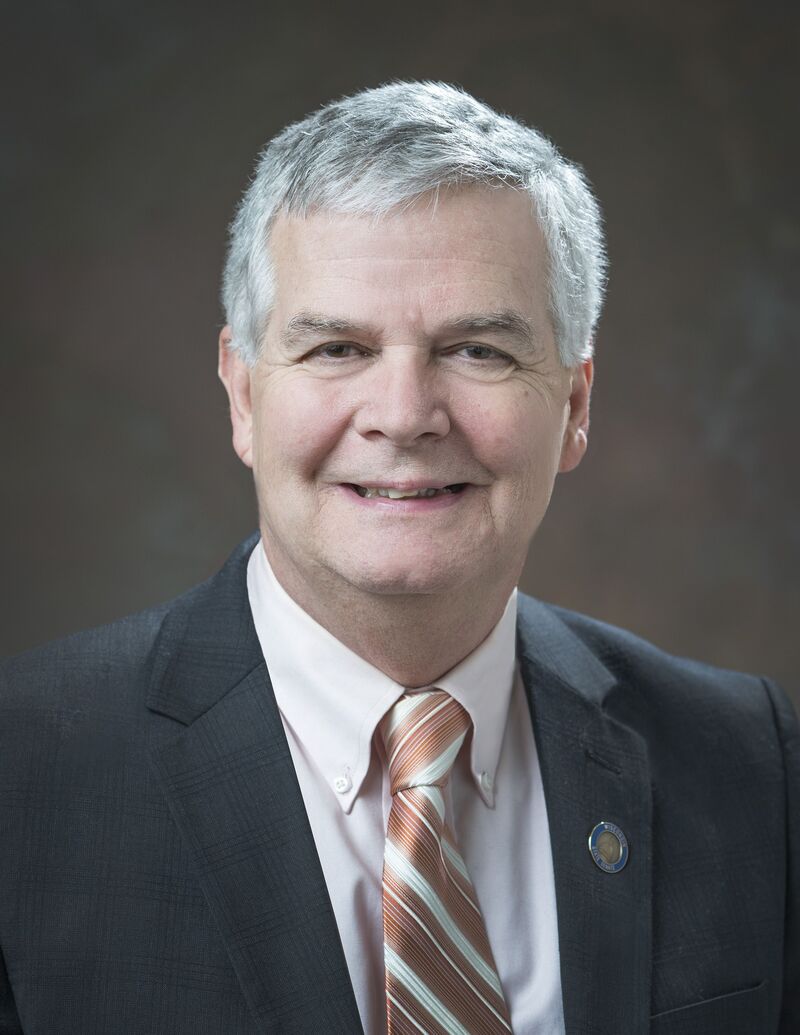Wisconsin is filled with beauty. Sometimes we take our state’s beauty for granted because it’s very apparent all around us. It’s always the less apparent beauty that surprises us and compels us to look deeper in ourselves and appreciate everything around us.
The same is true with people. We see each other, but oftentimes we don’t take the time to meet and get to know others in our own neighborhood and community. We don’t recognize our perceptions of others until we question and reflect on them. For this Juneteenth Day, I hope you will join me by looking inward and recognizing our less-apparent biases.
While the Civil War ended in April 1865, the emancipation of enslaved African Americans didn’t occur until June 19th of that year, when Texas abolished slavery. Every year since 1996, our country has celebrated the official end of slavery as June 19th, 1865. We recognize this important date of our country’s history as “Juneteenth Day.”
Recently I heard something I’ve considered to be true for a long time while watching the show “United Shades of America.” Kamau Bell, the host of the show said, “Whether you think you're biased or not, racism is a part of your life, with or without you knowing it,” in response to an implicit bias test.
Bell revealed he was unfamiliar with the term “implicit bias” until four years ago, when Bell told a friend that he experienced racial prejudice. Bell’s friend told him this interaction stemmed from implicit bias. In this episode, Bell spoke with Dr. John Diamond, a professor at the University of Wisconsin-Madison about implicit bias and its connection to systemic racism, specifically in the City of Milwaukee.
Project Implicit, a test Bell took that made him feel uncomfortable, demonstrates most of us can be biased in our thoughts and actions without realizing it. This test looks at what people are thinking before they have a chance to consider the socially responsible answer. Dr. Diamond explains this concept saying, “You don’t have to necessarily dislike people of other races to be affected by [implicit bias].”
We all have implicit biases. The Ohio State University Kirwan Institute points out how our thoughts, actions and decisions are influenced by these subconscious biases, which can include both favorable and unfavorable automatic assessments of others.
How does this happen?
We’re all influenced by our surroundings; whether it’s from our family members, our community or the entertainment we consume. Oftentimes it can be from stories or rumors we hear. Those influences shape our actions in ways can’t recognize. For instance, you might choose to not stop in certain neighborhoods based on news you saw on TV or a story you heard.
Redlining, the discriminatory practice of refusing to invest in communities of color, is a real thing in Milwaukee. Real estate values, critical community services, access to health care and even grocery stores are impacted by redlining.
It’s clear there is racial bias in our local communities when thinking of redlining. This bias doesn’t stop there. Racial bias plays more of a role than losing opportunity – it can be the loss of freedom.
The criminal justice system has been fueled by generational racial bias and prejudice; one example is the mass incarceration rates in our state. According to UW-Madison’s Racial Disparities Project, Wisconsin has either led or been second in the nation for disproportionately incarcerating African Americans since 1998. African American males comprise 43 percent of the prison population, but only 6.6 percent of the total state population.
Most of us don’t think we encounter racism and most of us are sure we aren’t racist. But, are we biased? It’s clear, after 154 years, our state and our communities still have racial bias.
Juneteenth Day offers us an opportunity to reflect on our history, the progress made and the work that still must be done. This day is a reminder to check our everyday biases. Take the time to learn more about injustices that affect our neighbors and communities. One lesson we can learn from Juneteenth Day is that none of us are free until all are free.



Add new comment